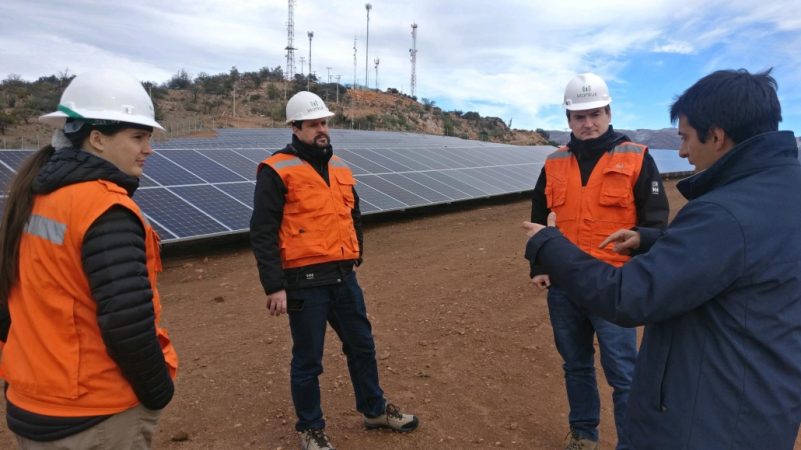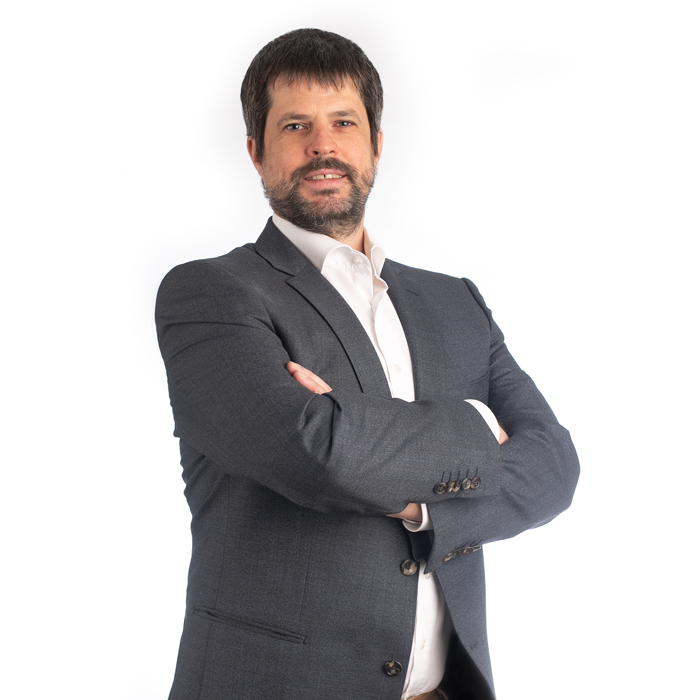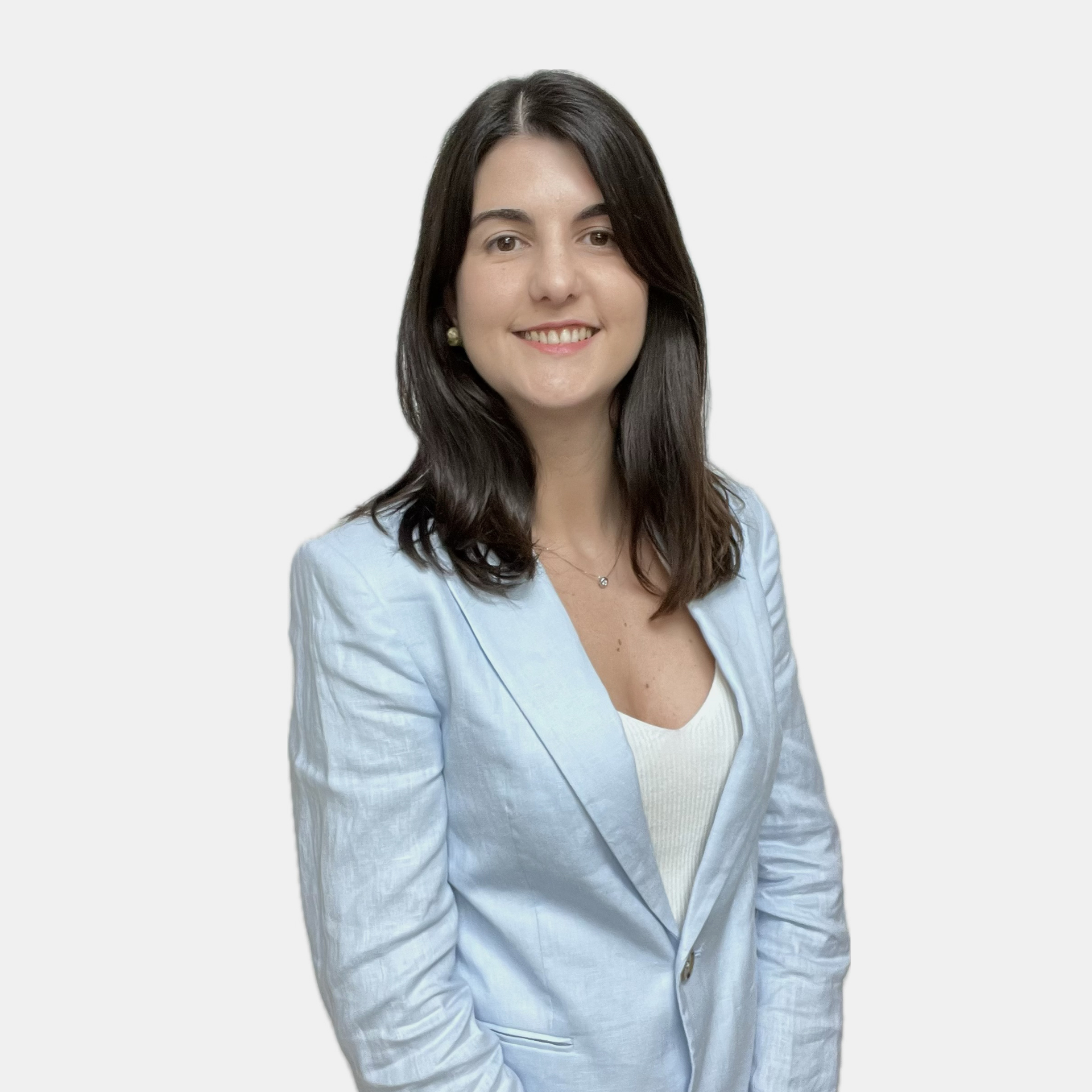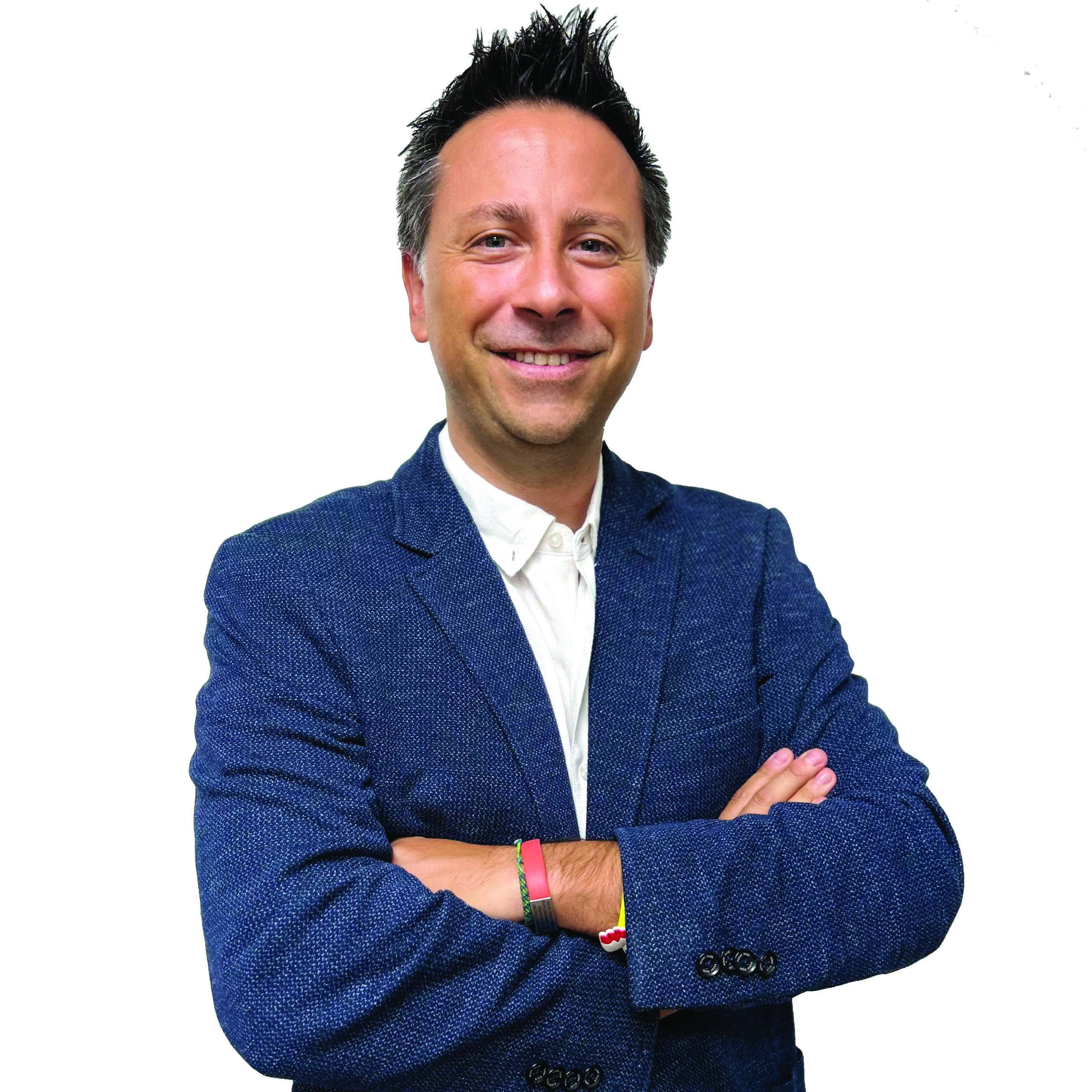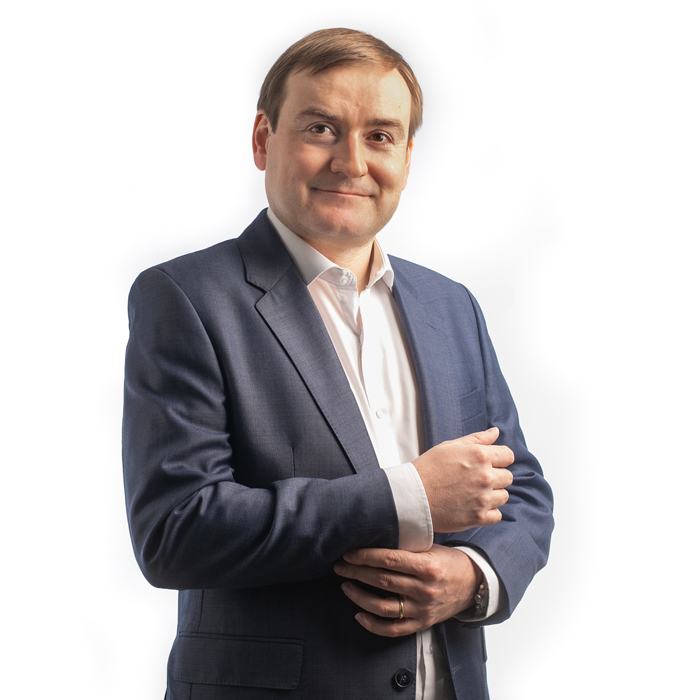Eco Mining Concepts' partner company, Minera San Pedro, called on the network to present ideas for innovative green mining projects with the aim of thinking and creating pilots at its mine in Til Til. Among the ideas delivered by our members, Andrés Guerrero, general manager of Minera San Pedro, invited Fraunhofer Chile and Mankuk to visit their facilities.
While Fraunhofer Chile focused on solar energy for the mining sector, Mankuk proposed a tire revaluation project. In the interview, Alexander von Frey, CEO of the Mankuk company, tells us more about this project and his collaboration with the KonaFuel company.
In Chile, approximately 130,000 tons of disposable tires accumulate each year. A third of this amount comes from the mining and construction sector. With this percentage, the Chilean mining industry has a great environmental responsibility, since the vast majority of mining tires end up being treated as waste – not resources – and therefore end up in the environment or in landfills. To summarize, the recycling of mining tires represents a great advance towards more sustainability in the mining sector.
CAMCHAL: How and under what circumstances can discarded mining tires be reused?
Alexander von Frey: All available mining tires can be reused. Kona Fuel carried out a pilot, in which four Aro 63 tires were cut and processed successfully in one of its reactors at its plant in Talcahuano. One of the great advantages of the pyrolysis process is that any type of tire can be valorized. In the case of mining tires (larger size), a prior process is required to reduce their size and be able to process them in the reactors. In the case of the OTR rim 63 tire (the largest existing), it only needs to be cut into 8 sections to be able to process it.
The mining industry has great potential to convert its tires into fuel, or energy for its process. There is the experience and technology to do it. Seeing tires as waste in the mining industry is a thing of the past: tires are not only necessary elements for the production process, but they are a source of fuel and/or energy.
How do new technologies and digitalization contribute to tire recycling?
The sustainable and massive recycling of tires is a great challenge, in which new technologies can add great value. Currently pyrolysis is one of them, but without a doubt it must evolve technologically to increase the efficiency and quality of the fuel (refining) resulting from the process, in order to obtain a fuel of greater commercial value. Despite technological improvements, regulatory incentives in this regard are very important, since in general, the inertia of large mining companies makes it difficult to implement new projects along these lines, especially if it is a new and evolving issue. On the other hand, for successful projects in this matter, there must be a balance between the technological aspects (affects the cost) and the regulatory aspects (generates the need / obligation to implement this type of projects) and thus establish the bases to be able to open or expand the tire recycling industry.
In what way can not only the environment, but also Chilean mining benefit from tire recycling?
It is important to highlight that the fact that there is the possibility of revaluating tires during a mine operation will avoid the need to have stockpiles of tires and also the need for guarantee slips associated with closure, since this environmental liability will be revaluing, or processing, into fuel and/or energy to be used in the same process.
Another important point is that revaluation generates new raw materials/products, which, from a price point of view, are competitive. For example, the liquid fuel produced by the pyrolysis of NFU can replace diesel oil in generation equipment, allowing the use of an alternative fuel of good quality, but at a lower cost.
Not only large-scale mining can benefit from this technology, but also medium or small-sized mining operations, by implementing plants to convert tires into fuel and/or energy for their processes, by receiving tires from other industries, mainly the automotive industry. and the tire itself. In this way they will be contributing to implementing Eco Mining practices, by using unconventional energy in their process.
Mankuk is a partner of the tire recycling company Konafuel. How did you come to collaborate with Konafuel? What role does collaborative work have for innovation in the mining sector and how do you think greater collaboration could be achieved between the different actors in the sector?
The fact that the law is in process already generates an interest in identifying the alternatives that exist for the valuation of NFU and its validation. On the other hand, it has been seen that companies generate real actions when there is a demand, therefore, we will have to wait to see what happens and how the mining industry reacts to it. In any case, the REP Law is a starting point that raises awareness and the concern to look for alternatives, but progress must continue to ensure the commercialization of the by-products of the revaluation of NFU.
Source: Eco Mining Concepts

